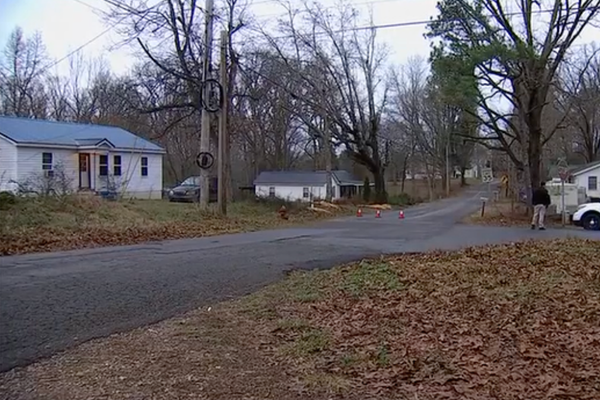
The Department of Justice is challenging a new Arizona law that requires voters to provide proof of citizenship for presidential elections, among other new restrictions, saying the measure was a “textbook violation” of a federal law meant to protect voters.
The challenged Arizona measure, HB 2492, was signed into law by the Republican governor, Doug Ducey, in March, requires anyone who wants to vote in a presidential election, or vote by mail in any election, to provide proof of citizenship.
The law was among several pushed by the Arizona legislature following the 2020 election in a state where Donald Trump and his allies have spread baseless claims of fraud. Voting by mail is widely used in Arizona, a key battleground state, and Republicans in the state have made numerous attempts to make it harder to cast a ballot that way.
In 2013, the supreme court ruled 7-2 in a case called Arizona v Inter Tribal Council of Arizona that the state could not require anyone who used the federal government’s voter registration application to provide proof of citizenship when they registered.
As a result of that decision, there are tens of thousands of voters in Arizona who are only allowed to vote in federal elections, not state contests, because they have not provided proof of citizenship. As of March, there were roughly 31,500 federal-only voters in the state.
Arizona lawmakers said that the decision only applied to congressional elections, not presidential ones, even though a lawyer for the legislature advised them the measure was probably illegal. A 1993 law, the National Voter Registration Act, requires all states to accept a federal form for voter registration – the form does not require proof of citizenship, but asks voters to attest under penalty of perjury that they are citizens.
“House Bill 2492’s onerous documentary proof of citizenship requirement for certain federal elections constitutes a textbook violation of the National Voter Registration Act,” Kristen Clarke, who leads the justice department’s civil rights division said on Tuesday. “Arizona is a repeat offender when it comes to attempts to make it harder to register to vote. HB 2492 is in direct with the 2013 US supreme court decision.”
Some see the law as a blatant effort to get the US supreme court to reconsider its 2013 decision. The court has become significantly more conservative since then; three of the justices who were in the majority in that case – Antonin Scalia, Anthony Kennedy, and Ruth Bader Ginsburg – have been replaced with more conservative justices. Clarence Thomas and Samuel Alito dissented in 2013, saying they believed Arizona could require proof of citizenship for those who use the federal form.
The court’s new conservative majority has shown a blunt hostility to voting access, siding with state lawmakers and upholding nearly every voting restriction that has come before it in recent years.
Arizona’s attorney general, Mark Brnovich, vowed on Friday that he would continue to defend the law. “Please be assured I will defend this law to the US supreme court if necessary and defeat the federal government’s efforts to interfere with our state’s election safeguards,” Brnovich, a Republican running for US Senate, wrote in a letter to Clarke.
The justice department is also challenging other provisions of the Arizona law. The measure also required Arizona to add a section to its own state registration form asking voters to provide their place of birth. It also instructs election officials not to accept a voter registration form if the voter forgets to check the box indicating they are a US citizen. Those requirements violate the 1964 Civil Rights Act, which makes it illegal to reject someone’s voter registration if they fail to provide information that is immaterial to their eligibility to vote, Clarke said.
“Checking this box is not material to establishing the voting qualifications of applicants who have already proven that they are US citizens,” she said. “That information is not material to establishing whether a voter is a US citizen because of naturalization an expatriation patterns among other reasons.”







